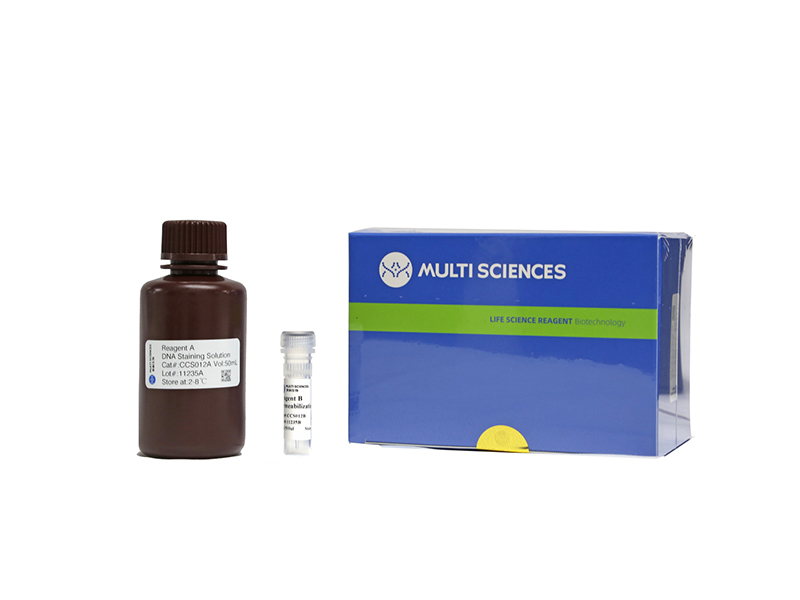Matrix metalloproteinase-9 (MMP-9) plays a vital role in tumor angiogenesis, cell migration, and invasiveness because it can degrade almost all basement membrane and extracellular matrix components. MMP-9 has been reported in many cancers including breast cancer, lung cancer, and colon cancer. ΔFosB in mammary epithelial cells has been shown to regulate cell proliferation, differentiation, and death. We found that ΔFosB increased the expression of MMP-9 in MCF-7 breast cancer cells. ΔFosB overexpression in MCF-7 cells increased cellular viability and decreased cell apoptosis. SB-3CT, an inhibitor of MMP-9, promoted apoptosis, inhibited cell proliferation, induced cell cycle arrest, and downregulated the expression of antiapoptotic genes Bcl-2 and Bcl-xl in MCF-7 cells. ΔFosB increased the number of MCF-7 cells in G2/M and S phases, upregulated the expression of Bcl-2 and Bcl-xl, and protected MCF-7 cells from apoptosis induced by MMP-9 inhibition. We also found that ΔFosB overexpression in MCF-7 cells inhibited Ca(2+)-induced apoptosis and promoted cell proliferation. Therefore, ΔFosB may be a potential target in breast cancer cell apoptosis by regulating the expression of MMP-9.
文章引用产品
-
-
- CCS012
- 周期试剂盒
Cell Cycle Staining Kit 细胞周期检测试剂盒
-
¥390.00
-
- CCS012
- 周期试剂盒
Cell Cycle Staining Kit 细胞周期检测试剂盒
- ¥390.00



